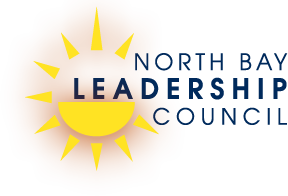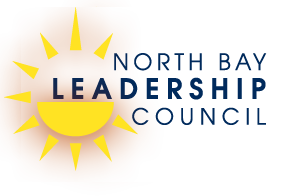The Buck Institute for Research on Aging Explores Fat as Coronavirus Weapon
Scientists at the Buck Institute for Research on Aging in Novato are advocating for research to determine whether eating fatty foods could be protective for the coronavirus.
In an article published in the science journal Med, researchers at the institute and the University of California, San Francisco, assert that further investigation is warranted to discover if “ketone bodies” could serve as a possible therapeutic against COVID-19 and other viral infections such as influenza.
Ketone bodies are compounds produced naturally during fat metabolism. Eating a ketogenic diet, which is high in fat and low in carbohydrates, accelerates the production of the primary ketone beta-hydroxybutyrate acid (BHB).
“The article lays out the rationale putting puzzle pieces together to say this is an area of research we should be looking at,” said John Newman, a Buck Institute professor who is one of the article’s authors.
Small clinical trials in humans have demonstrated that BHB can improve cardiac function in people with heart failure. In the laboratory setting, BHB has also shown promise in treating type 2 diabetes and reducing harmful inflammation. Elevation of blood ketones have proved to be protective against tissue damage due to a lack of oxygen, which occurs in severe respiratory infections.
At John Hopkins University, doctors are about to test a ketogenic diet on a small group COVID-19 patients who have been intubated. The hope is that the diet will reduce the systemic inflammation, known as a cytokine storm, that results in acute respiratory distress syndrome.
Noting the false claims for hydroxychloroquine made by President Trump, Newman is quick to acknowledge that there is no evidence that a ketogenic diet is protective in any way against COVID-19. Newman and Buck Institute CEO Eric Verdin, who also contributed to the article, are co-founders and shareholders in BHB Therapeutics, which is developing products related to ketone bodies.
In fact, he says there might be instances where BHB could promote viral replication of coronavirus. Ketone bodies and the coronavirus both bind to some of the same proteins.
“Most of them work in the direction that you would hypothesize that ketone bodies would be helpful,” Newman said.
For example, BHB inhibits the activation of NLRP3, a protein that promotes inflammation.
“Basic research shows that BHB directly inhibits the activation of the pro-inflammatory pathway NLRP3, which is central to the disease pathogenesis of COVID-19 and is a likely contributor to the cytokine storm,” Brianna Stubbs, a Buck researcher and the article’s lead author, wrote in a statement.
Newman, however, said, “There is another protein that ketone bodies bind to, which has to do with how genes are expressed, and here ketone bodies turn on that protein and so does the virus.”
Newman said while a ketogenic diet is effective in addressing two major risks for heart disease, obesity and diabetes, many cardiologists still want to see more long-term study before endorsing its safety.
Newman said there is a common misunderstanding about what constitutes a healthy ketogenic diet.
“People think it means, oh, I’m going to eat my steak and bacon and eggs, and it is going to be good for me,” he said. “That is not the way it is supposed to be.”
Newman said a proper ketogenic diet should be mostly plant-based and include plenty of fish, healthy oils and low-carbohydrate vegetables.
“It’s olive oil and kale, not bacon and eggs,” Newman said.
One of the many things that scientists still don’t know about COVID-19 is why it has proven to be so much more lethal for people 65 and older.
“I’ve been surprised that there hasn’t been more emphasis on understanding this aging link with COVID,” Newman said.
He says that various strategies exist for reducing the risk for heart disease, such as lowering blood pressure and cholesterol levels.
“But if we could prevent or reverse even 10% of the age-related risk for heart disease that would be better than anything we have right now, and the same is true for COVID,” Newman said. “If we had a treatment that could reverse 10% of the age-related risk, it would be a blockbuster.”
Newman notes that the Buck Institute is all about understanding why humans age on a molecular and cellular level and why age is a risk factor for disease.
“We study how aging drives disease,” he said. “Maybe we should be starting to look at how aging drives COVID-19.”

